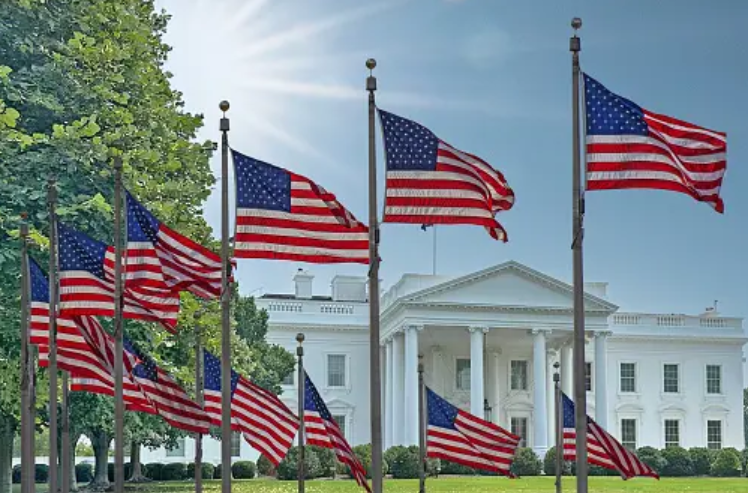
In the realm of international affairs, there exists a stage where the drama of nations unfolds. However, the spotlight often shines brightest on one particular event - the American presidential elections. Picture this: a grand spectacle where the fate of a nation is decided, but its repercussions reverberate far beyond its borders, touching the lives of people across continents.
When Americans head to the polls to elect their president, they are not just choosing a leader for themselves; they are selecting a figure whose decisions will ripple through the intricate web of international relations. The policies and decisions of the incoming president can pivot diplomatic strategies, trade, and security arrangements, as well as humanitarian efforts on a global scale.
It is no surprise that the next US president will face serious foreign policy challenges. In fact, American electors in 2024 are particularly concerned about key global issues such as AI and technology, China, climate change, NATO, immigration, the Middle East, and the Russia-Ukraine conflict.
For instance, current presidential candidates Donald Trump and Joe Biden have distinct perspectives when it comes to the Middle East. One notable example of their divergent views is the war in Gaza. During his tenure, former President Donald Trump expressed skepticism about the viability of a two-state solution for the Israeli-Palestinian conflict. On the other hand, current President Joe Biden has expressed his support for a two-state solution. Understanding such discrepancies can provide valuable insights into their potential foreign policy decisions should they win the presidency next November.
Thus, several factors in American politics play a vital role in shaping the outcomes of presidential elections. Understanding these influences is essential for comprehending the intricacies of the electoral process in the United States.
One of the key influencers in American presidential elections is the media landscape and public opinion. The way candidates are portrayed in the media, the narratives that can emerge, and how these candidates resonate with the public can sway voter perceptions and ultimately affect election results.
Another crucial influence on American presidential elections are the political campaigns themselves. The strategies employed by candidates, their messaging, campaign events, debates, and ground game all contribute to how voters perceive them and their policies.
Economic conditions and social issues can also have a considerable influence over the elections, such as unemployment rates, economic growth, healthcare policies, immigration stances, racial tensions, and other societal concerns. Candidates’ ability to address these issues effectively often determines their success at the polls.
In conclusion, American presidential elections are not just domestic events but have profound implications for global politics and diplomacy. The world watches with keen interest as Americans exercise their democratic right to choose their leader, knowing that the outcome will shape international relations for years to come.